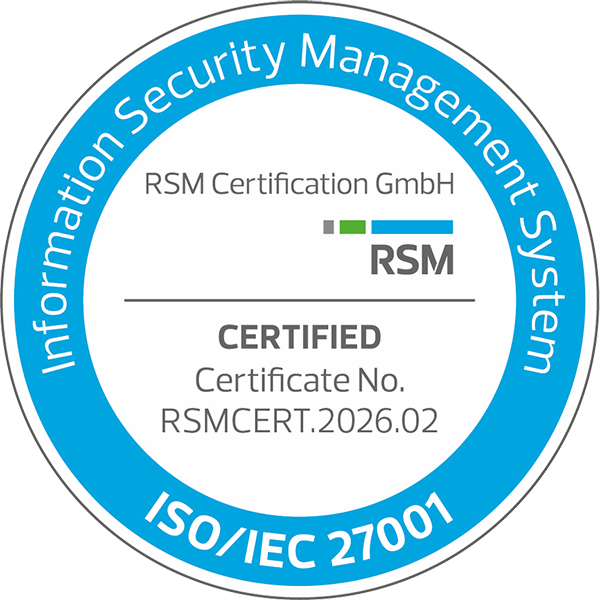How the private cloud works
The technological principles behind the different cloud environments are similar. The restricted access to a specific group of users is the first and most decisive difference. Like all other cloud systems, virtualization technologies are also used as the technological basis for this cloud model.
The resulting advantage is the ability to combine the physical computing capacities, to draw on them, and to adapt them to the respectively fluctuating requirements of the company. A private cloud therefore scales with the business requirements – that is the second difference: The existing computing capacities are only made available to one company. There is no requirement to share this capacity with other clients, as is the case with other cloud models.
Advantages of a private cloud-model
With the Private Cloud, you gain the largest possible design space in regards to infrastructure, software architecture, processes, and the necessary services. Even shared resources such as databases can be used to the extent it makes sense and you want. That way, you combine the advantages of private Cloud, hybrid Cloud, and public Cloud at their best, anytime and in line with your requirements and your budget.
- Data sovereignty: The services, data and applications of this private company cloud run and are located on your own hardware. This gives you the maximum control over your data.
- Easily upgraded according to future requirements: In contrast to the public cloud offered by many service providers, this kind of cloud does not have a defined or restricted range of functions. You decide on which applications and services are implemented, and with which software.
- Secure budgeting: The expected costs can be calculated according to different use scenarios.
- Flexible infrastructure capacities: greater freedom in the setup and removal of resources
- Security: The private cloud has a user group that you determine. Unauthorized users are not granted access. You can also determine whether it is possible to find your company cloud via the WWW or not.
- Compliance: Whether it is legal requirements, regulatory standards, or ethical principles to which your company is committed – as you have the maximum control over your private cloud, you are pretty much “the boss”. This is not the case with other cloud models.
Hybrid Cloud Solutions and AI – Future-proof IT Strategies for Companies
Maximize your business efficiency with the hybrid cloud and AI! The free whitepaper shows you how to process data efficiently and ensure security and compliance. Including a practical checklist for the right integration approach – read it now and get started!


